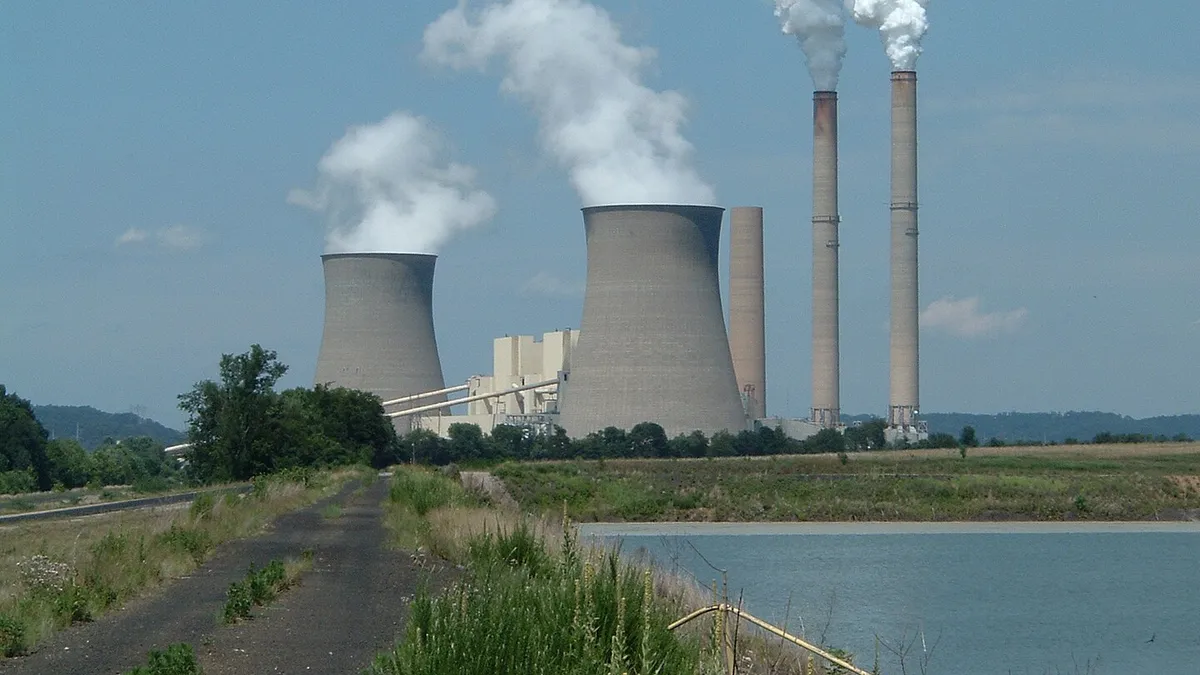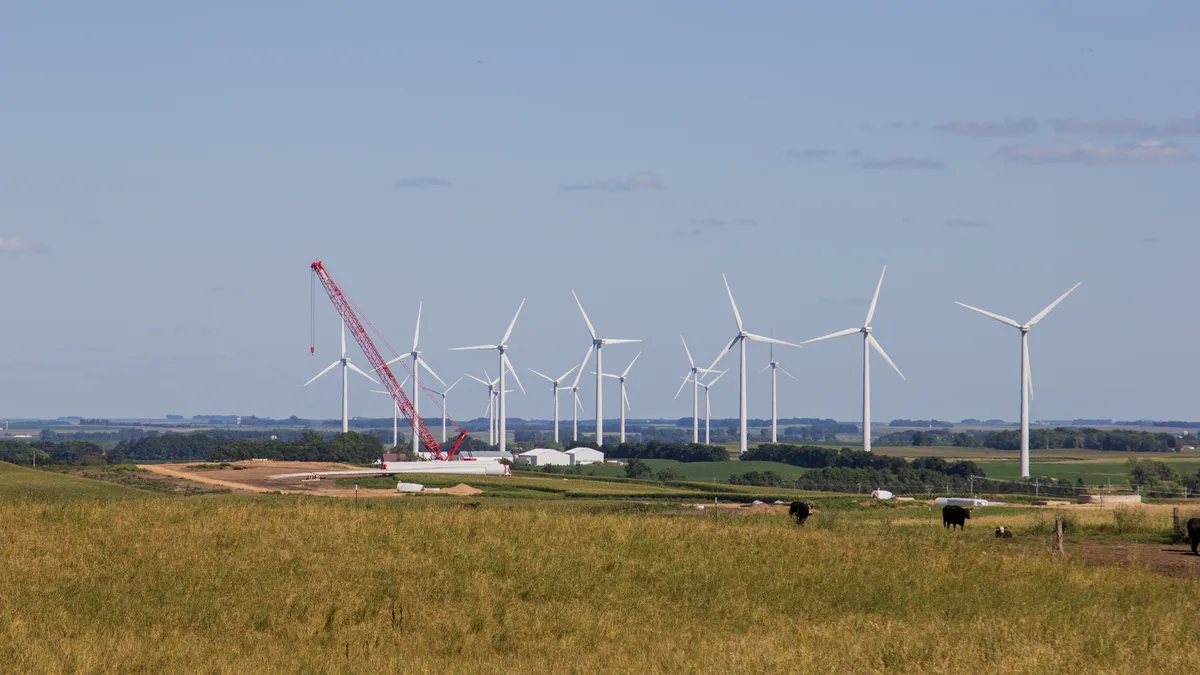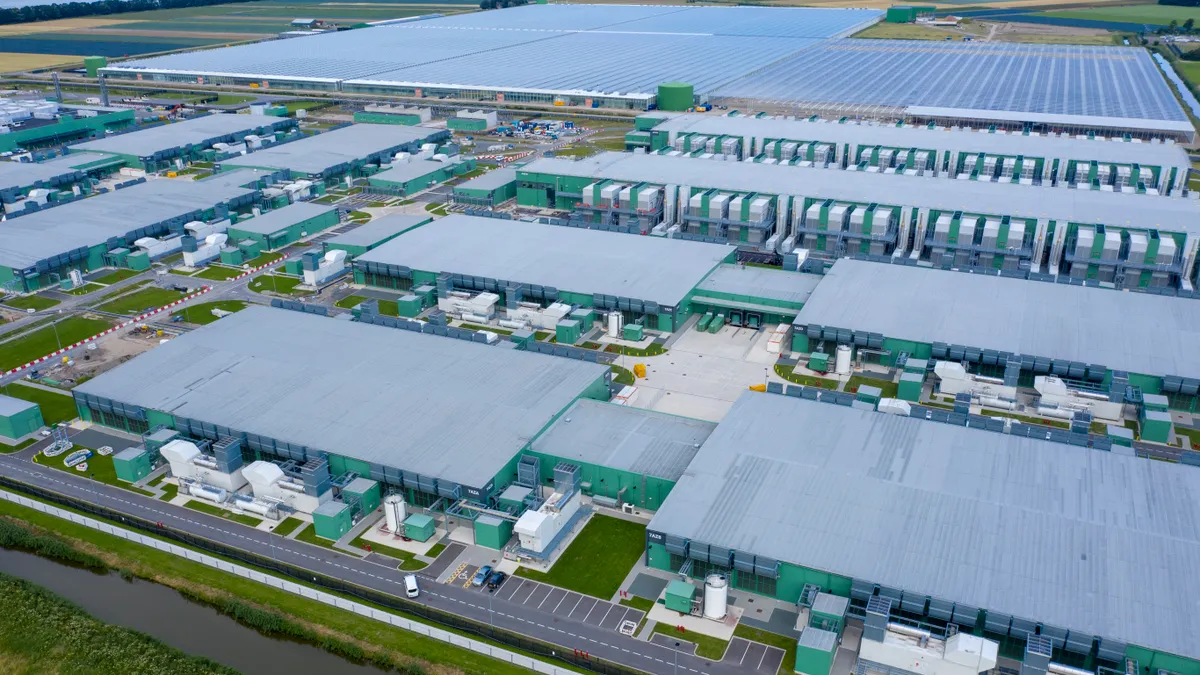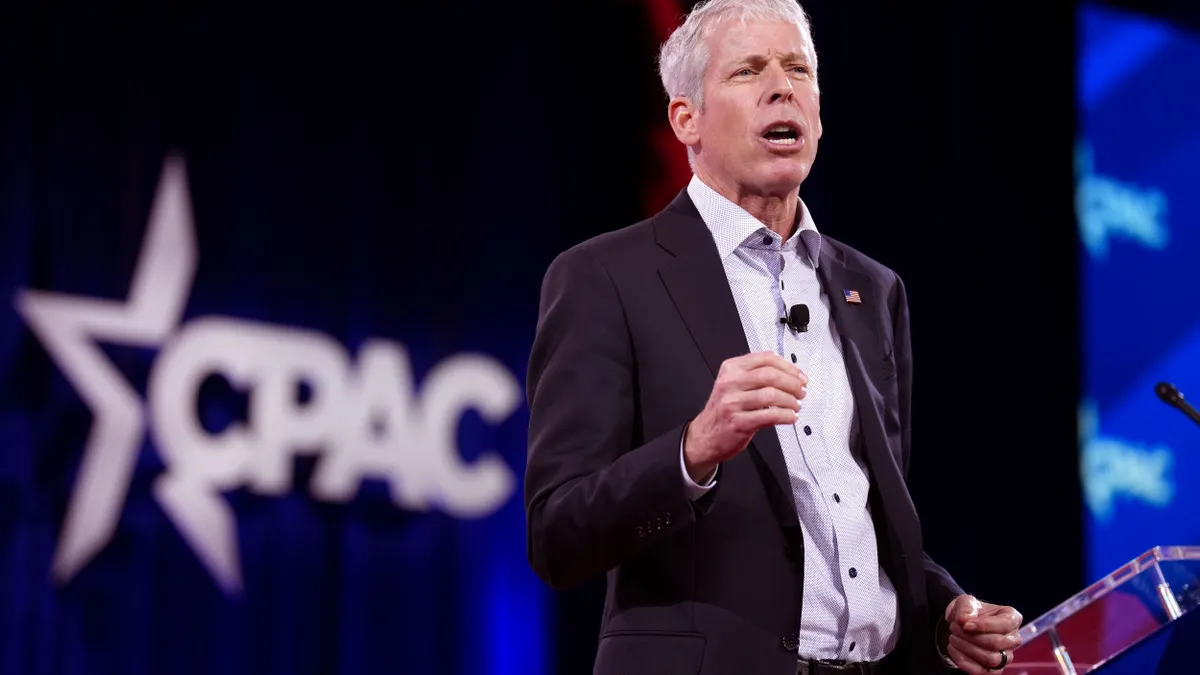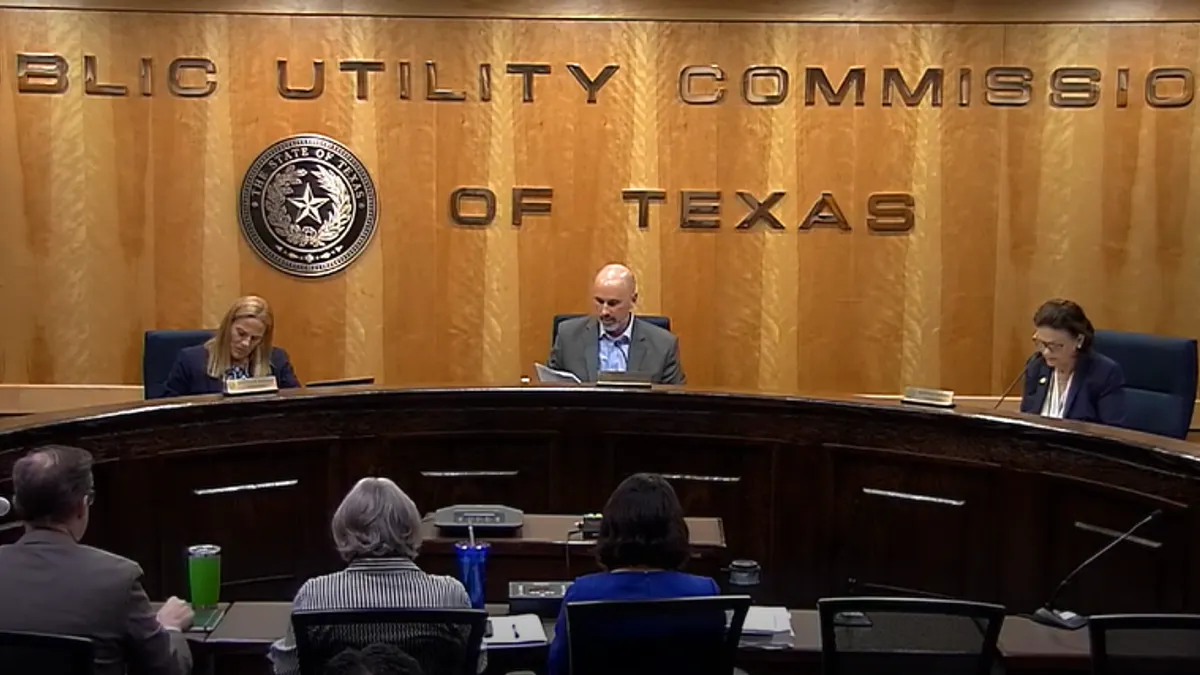A review of 75 utilities across the United States finds about 20% have backtracked on climate commitments and more are adding natural gas resources or continuing to burn coal, according to a Sierra Club report published Monday.
The report, “The Dirty Truth,” looks at utility coal, gas and clean energy plans. Utilities in the aggregate scored the lowest since the first year of the report, Sierra Club said, and for the first time ever the score dropped below the inaugural report’s baseline finding.
“It is alarming that for the first time since 2021, utilities are regressing on their clean energy transition,” Sierra Club Chief Program Officer Holly Bender said in a statement. Adding gas and keeping expensive coal plants online means utilities are “forcing their customers to pay more. ... now is the time to phase out polluting, volatile, expensive fossil fuels.”
The Edison Electric Institute, which represents investor-owned utilities, says its member companies are projected to invest more than $1.1 trillion over the next five years to meet rising demand and deliver affordable, reliable electricity.
“Moreover, our industry operates under a regulatory framework that protects consumers and maximizes customer savings,” EEI spokesperson Jeremy Ortiz said in an email.
Utilities have made the most progress in planning new clean energy resources, according to the Sierra Club report. Utility plans now call for 578 million MWh to be built through 2035.
“This is a significant increase from 371 million MWh in our first report, but it is less planned clean energy than in last year’s report and still falls far short of what is needed,” the report said.
Utilities reviewed by Sierra Club plan to retire 29% of their coal generation (MWh) by 2030, “falling far short of what is needed. These utilities are resisting both the economic realities and the broader industry trend away from coal,” the report said.
And, utilities are planning a “staggering amount of new gas through 2035,” the report found. Utilities have proposed 118 GW of new gas capacity, adding about 20% to current online gas resources. “This is more than double the amount of gas utilities planned in our first report,” Sierra Club said, and is 27% more than what was reported last year.
Utilities are anticipating rapid demand increases, including from data centers, building and transportation electrification and industrial expansion. But Sierra Club maintains utilities can serve the new load “without such drastic expansion of new gas,” pointing to energy efficiency solutions, increased transmission, demand side management, renewables and storage.
The report found five parent companies operating 16 utilities that have backtracked on their previous climate commitments.
“These reversals are often based on timing and cost concerns, but such excuses highlight a deeper issue: these utilities failed to make realistic plans years ago to meet their own goals,” the report said. “If these utilities had taken their commitments seriously and developed concrete strategies from the outset, they would be in a much better position today.”
The utilities Sierra Club found backtracking on climate targets are: Entergy, Duke Energy, Evergy, Cleco, American Electric Power and Arizona Public Service.
APS, in an emailed statement, said the utility is “striving to lower carbon emissions over time” and that its updated carbon-neutral goal “aligns with other utilities across the country.”
“We understand Sierra Club prioritizes carbon-free resources. We have a different priority, which is to serve our customers with reliable, affordable power,” the utility said. “We updated our clean energy goals from zero-carbon to be carbon-neutral by 2050 to help ensure we can continue to serve our customers with safe and reliable power while we thoughtfully integrate additional clean energy resources into our grid.”
APS also disagreed with the report’s assessment of its resource plans.
The utility said contrary to Sierra Club's statements, it has not decided whether to operate its coal-fired Four Corners Power Plant past 2031, indicating that the timing of the plant's retirement will be informed by its resource planning process.
The other utilities did not immediately respond to a request for comment.
“In contrast, some utilities demonstrate better goal setting and commitment to those goals,” the Sierra Club report said, pointing to Xcel Energy’s continued commitment to its plan to cut carbon emissions 80% by 2030 from a 2005 baseline. “Customers and stakeholders deserve more than vague pledges – they deserve real follow-through. Without it, climate commitments are just more greenwashing,” the report said.
Editor’s note: This story has been updated to include comments from Arizona Public Service and the Edison Electric Institute, which represents investor-owned utilities.



